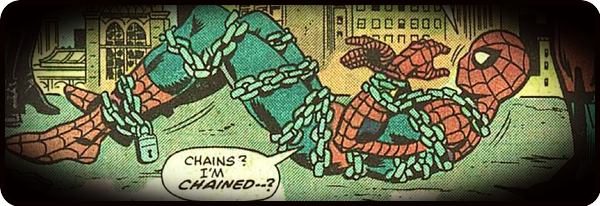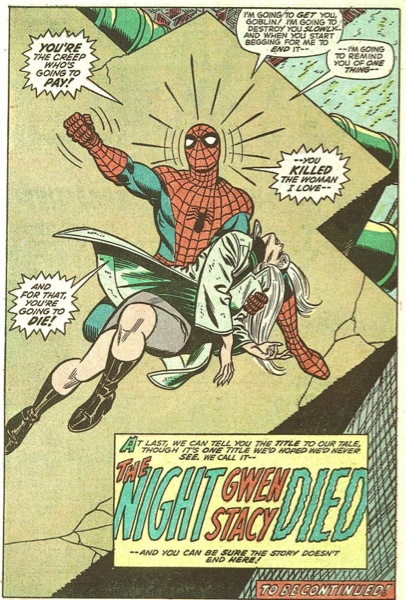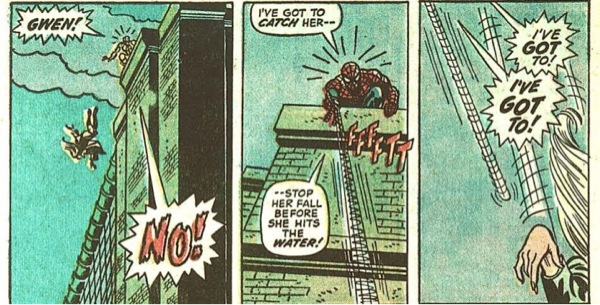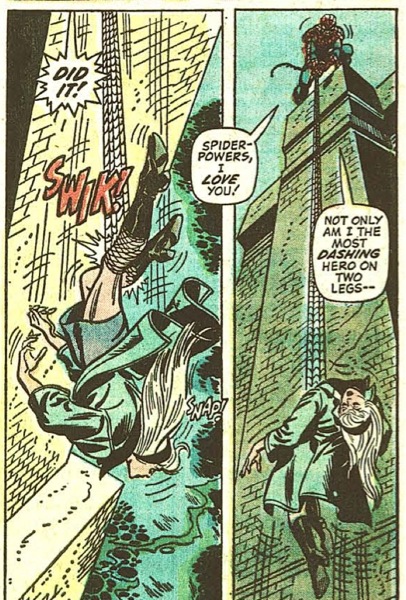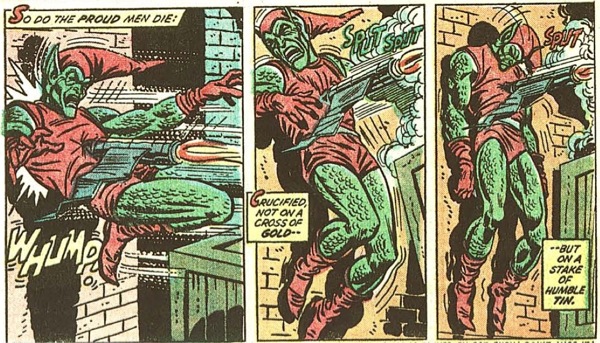
See: http://en.wikipedia.org/wiki/The_Night_Gwen_Stacy_Died
ASM 121: Gwen Stacy is dead. After reading every single issue up to this point, the reason for killing Stacy now seems obvious: the new writers lacked any serious imagination. They claim, rightly, that Stacy and Parker had become too close. And that a breakup wouldn't have been credible: the two were headed in the direction of marriage. Earlier, they had tried what looked to be a path to breakup, after Stacy's father was killed off in another tragedy involving Spiderman's judgment. Gwen fled for London to stay with family. That would have seemed like a perfect, though tragic, exit. The story had her being there, conceivably, for life. Yet, the writers brought her home, with no mention as to why -- except, of course, that they were not the same writers who "offed" her. So, long story short: no credible breakup scenario could exist.
The writers say that the comic got too bogged down with the prospect of marriage. They say Parker was losing his identity as a desperate, tragic loner who only knew for sure that he had to continue sacrificing his life to fight evil and save people from harm. They wanted him to be sufficiently alone and alienated (struggling). So the girls in his life had to be just another adventure -- just another set of circumstances around the corner to play out.
As I read these comics myself, I now see that this explanation comes from the new writers who possessed very poor imagination. The writers are Gerry Conway, John Romita and Roy Thomas. Romita, of course, isn't a writer: he is the key person who either drew the comic or oversaw its drawing. He had been the one to really make ASM look the best the comic ever has. But he was also consulted on the judgment. He and Conway decided to kill Stacy. Thomas simply approved it. It is very noticing that Stan Lee appears to have none of the blood on his hands.
So why was it a misinformed judgment? The writers didn't understand that the new dynamic made the story more complex and rich. You would see Spiderman away, handling some problem, and readers (like myself) would be thinking, "how is he going to explain this absence to Gwen?" Or, "He's got to finish this up soon, he's supposed to see Gwen." You used to see this same dynamic in the early years with Aunt May. If May wasn't checked upon -- if she didn't appear at some point -- this would be a problem in the story line. Peter juggling his personal life was interwoven into the juggling of his costumed exploits.
But my point is very simple: Gerry Conway wasn't a good writer, at least not back then. He couldn't handle the extra dimension. He couldn't turn out good stories that kept the numerous plots harmonious. Instead, he had to have a straight, simple carnival. Hero puts on uniform to fight deadly bad guy and comes home. Only when he's home will he run into other lives. That way, writers don't need to think about anything but toys and adventures. I've noticed that, when Conway came on board, the writing suffered.
Let me state it is way: Stan Lee wouldn't have killed Gwen Stacy. He saw the value in having the comic be more like a novel. He could handle complexity. Readers could be just as fulfilled watching a few panels of a relationship develop each comic as they would be with the various evils Spiderman had to battle. Before Stacy died, Spiderman was like an orchestra. After her death, under Conway, we see the story looking more like a Transformers movie (more like a comic).
It's no wonder Aunt May was moved out of the story for a while, living at Doc Ock's place. This happens in the same time period when Conway deep sixes Stacy. Also, instead of Parker having "childhood" despairs over not knowing his real family and loosing Uncle Ben, now we see him having this peculiar angst ( what should really be a PTSD situation). The situation can't get better: if Parker snaps out in the next few issues, then it will lack credibility.
My point: Stacy's death only seems to have had the value of lure and sensationalism. I've talked previously over how efficacious it was. But it seems also to have been caused by a writer with a poor imagination, using very poor judgment.
 Saturday, May 26, 2012 at 10:25PM
Saturday, May 26, 2012 at 10:25PM 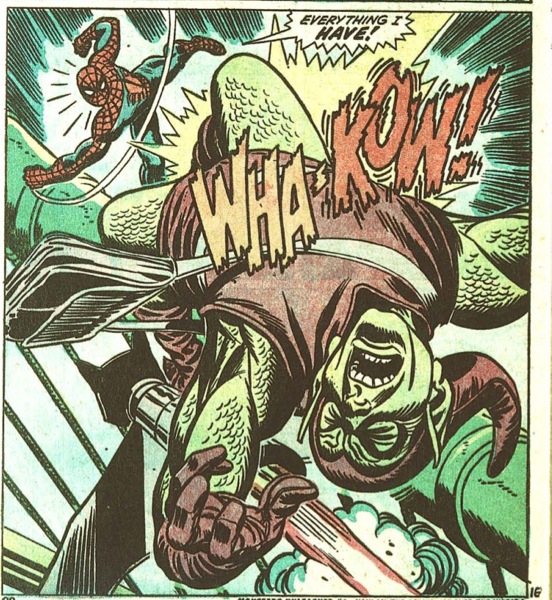
 Green Goblin,
Green Goblin,  Vol. 1
Vol. 1 